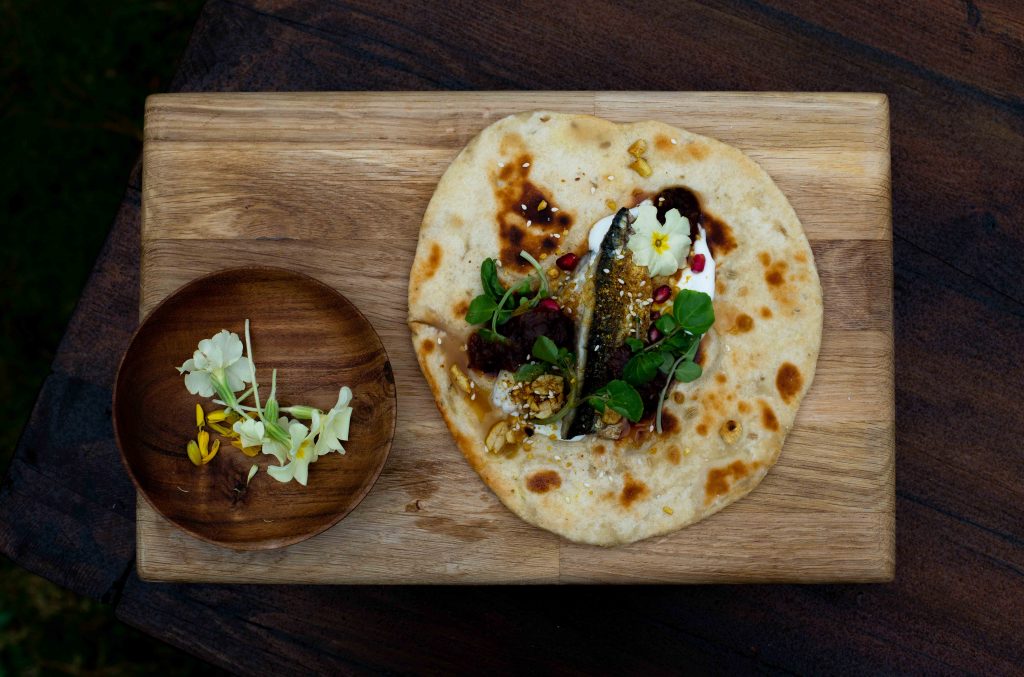One thing we’re extremely strict on is food waste. We know first-hand the time and effort which goes into farming fresh produce. The growing, the harvesting and overall producing of delicious seasonal goods is something we’re surrounded by at Wild Cornwall, and we wouldn’t want it to go to waste.
We’ve all been to a supermarket hungry and probably bought more than we ever needed, and a week down the line we are left with foods that have gone off or have grown some furry mould, leaving it inedible.
There are reports from 2015 which states the UK wasted £13 billion worth of food, approximately 7.3 tonnes, isn’t that just eye-watering. So why is food waste bad?
Well, apart from feeling bad that you’ve thrown food away, the environment can also feel hurt. Roughly, ¼ of man-made greenhouse gas emissions are created by food waste. When thrown into landfill, food waste produces the gas, methane. As food rots it begins to emit harmful gases, such as methane, into the environment. These gases are more harmful in terms of trapping heat in the atmosphere.
Methane is the primary contribute to ground-level ozone, a hazardous air pollutant which causes 1 million premature deaths every year.
Food Waste Facts:
- ONE THIRD of all food produced across the globe is lost or wasted
- 100 million pints of milk are tipped down the drain each year in the UK
- 50 million chickens are wasted in the UK each year
- 32% of what we bin is perfectly good to eat
How can we reduce food waste?
At Wild Cornwall, when we’re planning our food products, such as the wild condiments, we also plan our crop schedule. Ensuring we use produce which are in season and that will be grown on the farm. Knowing what we’re going to produce allows us to know approximately how much we need to plant. This minimises our wastage and makes us creative with the produce we’re stuck with!
Produce which may be left over is given to the wonderful staff at Wild Cornwall, and the other companies on the Estate.
Ways to reduce food waste:
- Love your leftovers – don’t let anything go to waste.
If you bought a particular ingredient for a certain meal and it doesn’t look so good anymore. Look up ways it can be repurposed. For example, very ripe (brown) bananas, you may not want to eat them, but they’re perfect for a banana bread.
- Get composting
Home composting is the most environmentally friendly way of dealing with kitchen and garden waste. It also produces an excellent soil improver.
- Understand Use-by and Best-before dates
Food can contain various bacteria, it can be stored for too long or at the wrong temperature, in turn causing food poisoning; a reason as to why we must pay attention to product labels. Product labelling can vary, but generally you will either see:
- A use-by date – this relates to food safety
- A best-before date – relating to food quality.
Planning our meals and when we’d like to eat these particular foods enables us to minimise food waste and dodge food poisoning. Get into the habit of checking what you already have in the fridge and look for foods which are reaching their use-by date and use them up first.
Freezing your food is another great option!
There are numerous ways to minimise wastage, it’s just finding ways which work best for you. It’s just one step in making the environment we live in a healthier place.


